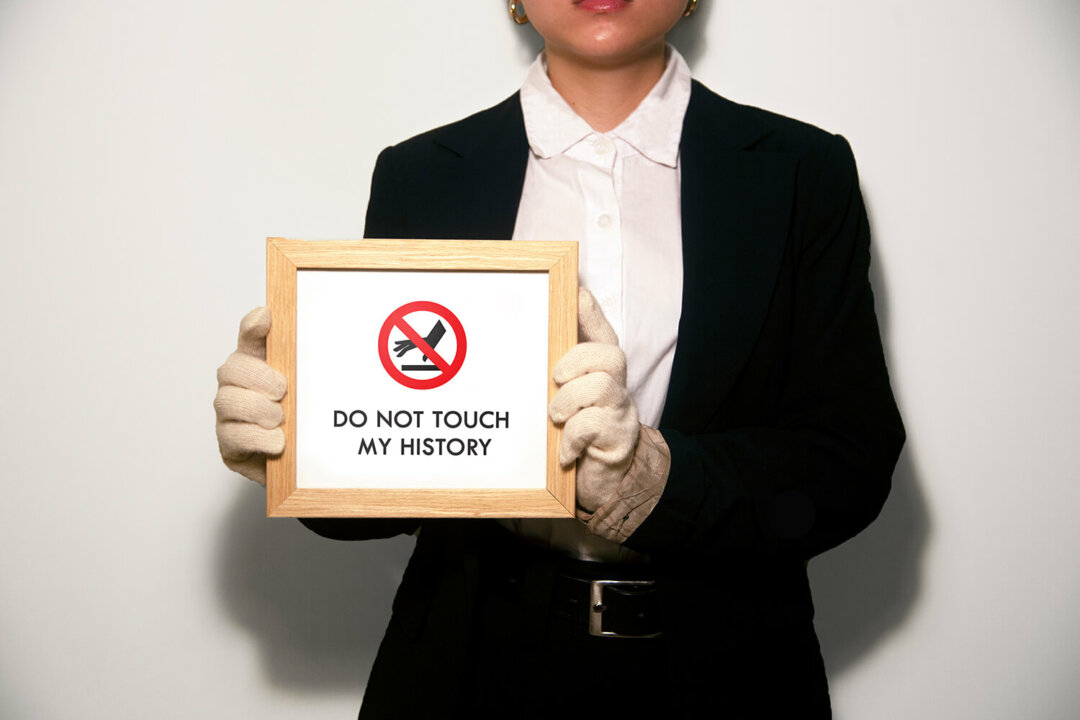- What’s On
- Exhibitions
- Old Haunts

Old Haunts
ANTHEM ARI aims to provide a dedicated platform to celebrate the practices of First Nations, diasporic, and LGBTQI+ identifying artists of colour in Australia.
Dates
5 - 26 Jun 2021Galleries
Gallery OneGallery Opening Hours
Price
Free
Born out of a desire to extend tenderness, elevation and appreciation to culturally diverse voices, ANTHEM ARI aims to provide a dedicated platform to celebrate the practices of First Nations, diasporic, and LGBTQI+ identifying artists of colour in Australia.
Co-founders Lucy Nguyên-Hunt, Reina Takeuchi, Rhanjell Villanueva, Ruaa Al-Rikabi and Keemon Williams will transform the gallery into a simulated museum space, exorcising the sordid histories of institutional race representation and intergenerational trauma embedded within the experiences of the artists.
The artists
Lucy Nguyễn-Hunt
Lucy Nguyễn-Hunt is an interdisciplinary Vietnamese and Samoan/Cook Islander Australian artist with an abiding passion for sharing lived experiences through her artistic practice. Namely, this manifests as dismantling preconceived notions of identity through the lens of a camera and her culturally hybrid and queer gaze. Working predominantly in photography and moving image and implicating the body as self as a material form, Nguyễn-Hunt investigates the structures in place with consistently others outliers to a socially constructed ‘standard’. Regarding her practice as a safe space for licking her own wounds, vulnerability, self-awareness and authentic representation is at the heart of her work. Nguyễn-Hunt works to prioritise representation and visibility, and voice lived experiences through the process of self-negotiation and preservation.
Reina Takeuchi
Reina Takeuchi is an Australian-Japanese artist-researcher, dance maker, curator and writer interested in interdisciplinary collaboration and facilitating embodied experiences of contemporary art. She explores how sensorial experience can be enhanced through ritualistic performance, interactive installations and time based media. Her work utilises choreographic processes and the transitory qualities of sound and action to meditate on transculturation, displacement, diaspora and the ethereal experiences of her peripatetic upbringing across Japan, India, Thailand and Australia. These processes allow for a clarity of somatic contemplation for the artist and she, in turn, explores the potential for this sensitivity to be shared with the viewer.
Rhanjell Villanueva
Rhanjell Villanueva is an emerging Meanjin-based (Brisbane) Filipino artist whose practice critically analyses the traditional Filipino culture against the language and values of western societies. In response to his upbringing, his practice traverses the multitude and intricacies of cultural identity by unraveling post-colonial patterns and cultural conflict. Working across an array of media including sculpture, moving image, and video installation, Villanueva materialises deep transcultural knowledge and narratives rooted from oppression and the feeling of displacement. The resulting works focus on decolonising the eye, demonstrating the subjectivity of ‘foreign in a domestic sense’ towards the metaphysics of Filipino Futurism. By sharing tales of the diaspora, he aims to engage with other persons of colour and urge them to consider what they could become, beyond what they are expected to be.
Ruaa Al-Rikabi
Ruaa Al-Rikabi is a Iraqi-Syrian Australian emerging contemporary artist whose practice investigates themes of intersectional identity, self-preservation and re-representation of desirability. Ruaa’s practice looks at the rich experience of intersectional identities and how this can be linked to experiences of displacement and difference, shown through an ongoing development of a living archive of her self-identity. Within her practise, Ruaa aims to create space for other marginalised communities by encouraging radical expression of self and multifaceted identities. Ruaa employs materials which she deems significant to her self-identity as surrogates to encapsulate her lived experiences, this includes hair, food and photographs. Through rejecting essentialist assumptions about intersectional BIPOC identity, Ruaa’s practice aims to engage in an act of decolonisation that empowers and liberates intersectional identities.
Keemon Williams
Keemon Williams is an Indigenous Meanjin-based (Brisbane) artist of Koa, Kuku Yalanji and Meriam Mer descent. He utilizes a diverse range of mediums and performative elements to highlight the relationships between location, personal and cultural histories, and the broader context of being “Australian.” Rendering speculative embodiments of culture through contemporary forms, his work investigates culture’s innate ability to adapt to oppressive systems and claim agency through new material processes. Keemon employs this ontology through interrogations of architecture, fashion, mass production and new media devices. By critically engaging with digital and consumerist realms, and their potential for “ethnoplastic” ventures, Keemon reconciles a sense of indigeneity within the everyday.